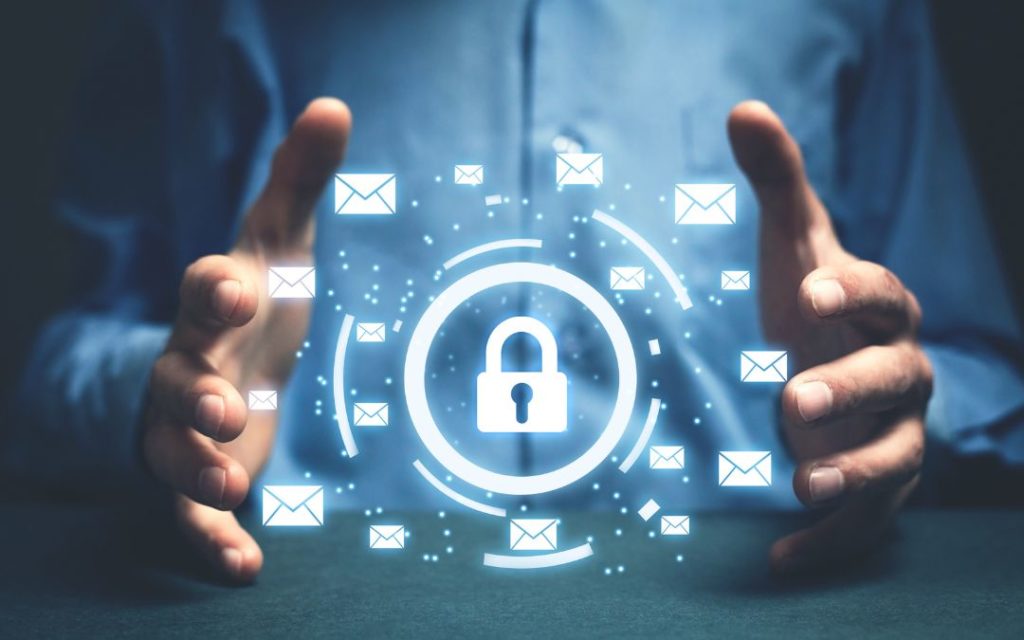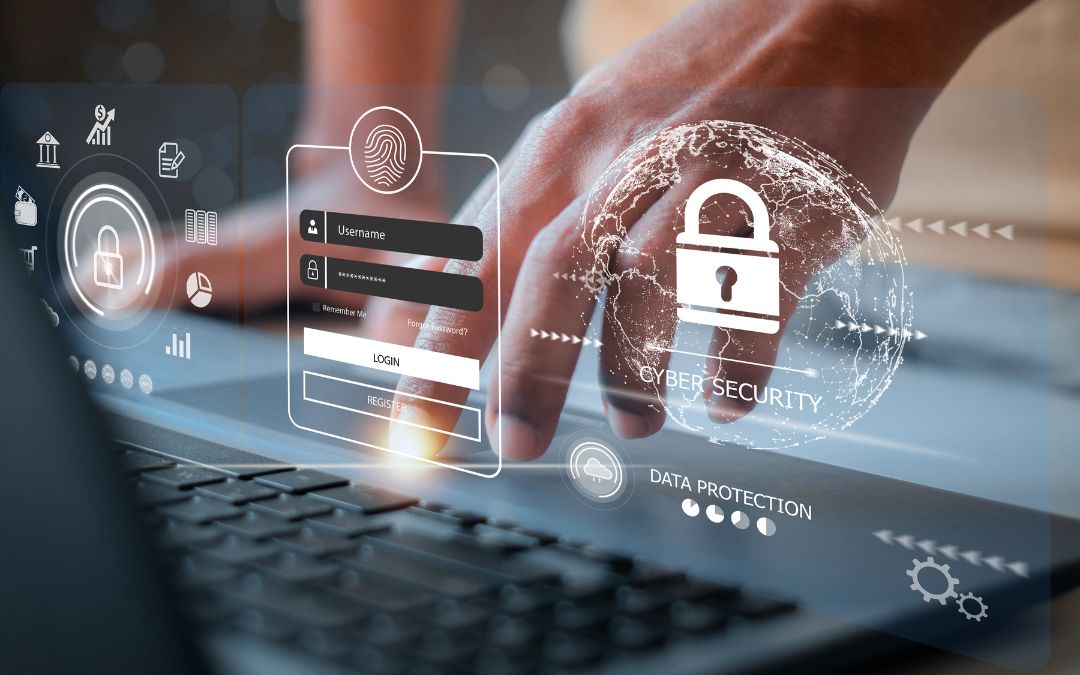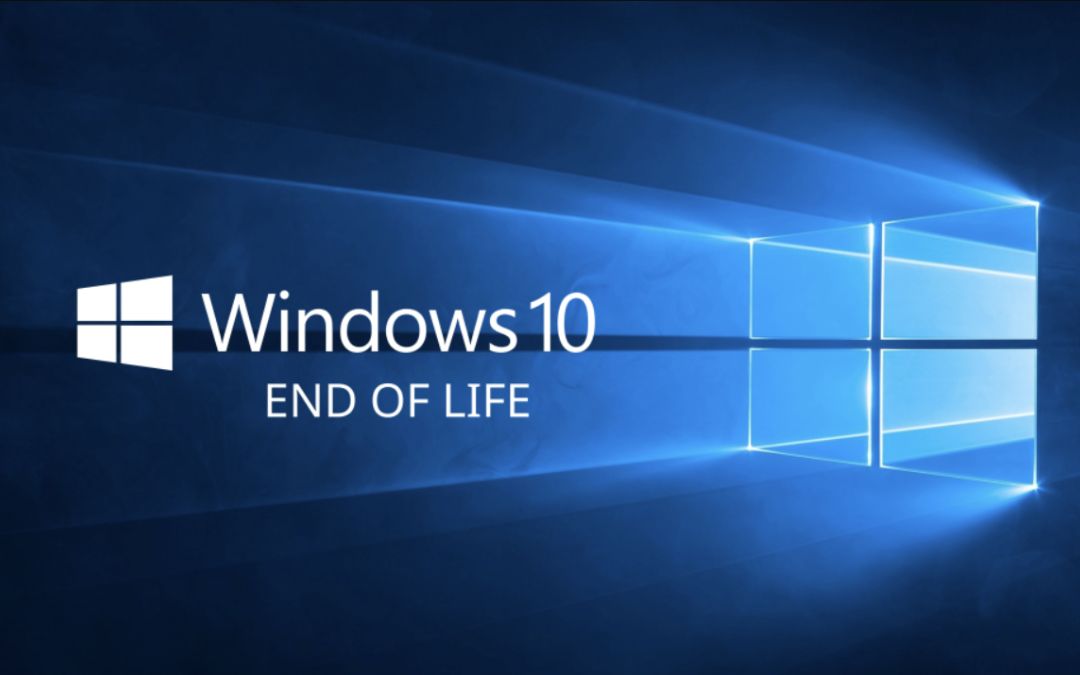
The query, “Can my IT staff read my emails?” echoes across many workplaces. While a simplistic ‘yes’ might be tempting, the reality is more complex and warrants a closer look, especially in the realm of professional communication where emails often contain sensitive information. This exploration aims to shed light on who can access your emails and under what conditions within a corporate setting.
Trust Your Team:
Trust is fundamental to any successful business, extending across departments like HR, IT, and accounting, and even to external alliances with banks and vendors. These entities may have access to confidential information, the mishandling of which could be detrimental to the business. Before establishing professional relationships, it’s wise to assess the reputation of the involved parties through platforms like Google Reviews, Trust Pilot, and LinkedIn. Once convinced of the trustworthiness, particularly of those in IT support roles, the journey to the next stage begins.
Technical Landscape:
In most organizations, IT staff, particularly administrators, may have the capability to access and monitor emails for security, compliance, or troubleshooting purposes. The extent of access depends on company policies, employment contracts, and data protection laws. It’s essential for individuals to be aware of their rights and for companies to have clear, lawful policies in place.
In most organizations, the digital framework categorizes individuals as Administrators or Users. Those not in IT are usually classified as users, following a ‘least privilege’ principle to minimize security risks. Even top executives are categorized as users from an IT perspective. Having a separate administrator account for non-IT personnel, with clear usage guidelines, is a safer alternative to mitigate security threats.

Tracking Actions:
In the context of email security, it’s important to highlight that the direct reading of emails by IT staff may not always be necessary. Organizations often employ comprehensive logging systems that track digital actions, including email access. For instance, tools like Microsoft’s Purview Audit (Premium) feature serve as detailed logbooks for email systems. These logs provide a thorough record of who accessed specific emails, when these accesses occurred, and any other related activities.
These logging mechanisms play a crucial role in ensuring transparency and accountability within an organization’s digital infrastructure. In the event of concerns or suspicions about unauthorized access to emails, these logs become instrumental. They offer a clear and traceable trail of digital breadcrumbs for analysis, aiding administrators in identifying any unusual or potentially unauthorized activities.
By relying on such logging tools, organizations can maintain a balance between ensuring the security and integrity of their email systems and respecting the privacy rights of individuals. It’s a proactive measure that allows for retrospective investigation without the direct need for staff to read individual emails, contributing to a more secure and privacy-aware digital environment.
If doubts about your IT team’s integrity arise even after taking these measures, it may be time to reassess your IT partnerships.
Legal Framework:
The question of whether IT staff can legally read an employee’s emails is a significant concern for many working in the corporate environment. In England and Wales, the legal landscape surrounding this issue is primarily informed by employment contracts, workplace policies, and data protection legislation.
Ownership of email addresses and the distinction between work and personal email addresses
Usually, work email addresses are owned by the company, as they are part of the company’s IT infrastructure. This means the company has the right to control, monitor, and even terminate such email accounts. Emails sent or received through a company’s email system, even if personal in nature, are usually considered the company’s property. Many companies adopt policies that assert this ownership and caution employees against using work emails for personal purposes.
In contrast, personal email addresses are normally owned by the individual, even if accessed from a company device. Companies generally do not have the right to access personal email accounts without explicit consent, and doing so without a justifiable reason can be seen as a breach of privacy, potentially leading to legal implications. However, it’s worth noting that if an employee accesses personal emails on a company device, the company might have a legitimate interest in ensuring that this does not compromise company security. However there is a clear distinction between monitoring the activity (to ensure no malicious software is being introduced, for example) and reading the content of personal emails.
Employment Contracts
An employment contract sets out the terms and conditions between an employer and an employee. These contracts often contain clauses related to the use of company property, including IT systems and email accounts. In some contracts, there might be explicit clauses that grant the company (or their representatives, which can include IT staff) the right to monitor, access, or review emails sent or received on the company’s systems.

If such a clause exists in the employment contract and is drafted clearly and reasonably, an employee would likely have given implicit consent for their emails to be accessed under those specified conditions. Absence of such a provision and accessing an employees emails without consent will likely be viewed as a breach of privacy.
Workplace Policies
Apart from employment contracts, many companies have internal IT policies, codes of conduct, or similar documents that dictate the use of company-provided IT systems. These policies often outline the circumstances under which email monitoring or access might occur.
Employees are generally expected to familiarise themselves with and adhere to these policies. If a clear policy exists that outlines the circumstances under which emails might be accessed or monitored, and employees have been informed of it, there might be an argument that employees have given implied consent for such access.
Non-Disclosure Agreements
Non-Disclosure Agreements (NDAs) are essential in maintaining trust and confidentiality in professional engagements. By signing an NDA, parties agree to protect the information accessed during their collaboration, with clear clauses against unauthorized access or duplication of data without explicit consent.
Data Protection Legislation
The General Data Protection Regulation (GDPR) and the Data Protection Act 2018 are key pieces of legislation in England and Wales regarding personal data. Under these laws, companies must handle personal data (which can include email content) fairly, lawfully, and transparently.
For a company to access an employee’s emails, they would typically need a legitimate reason, such as investigating allegations of misconduct, ensuring compliance with regulatory requirements, or ensuring the security of the company’s IT systems. A company must also ensure that any monitoring is proportionate and respects the privacy rights of the individual.
Conclusion
The answer to whether IT staff can read an employee’s emails is not a straightforward “yes” or “no.” It largely depends on the terms of the employment contract, internal workplace policies, and the stipulations of data protection legislation.
Employees concerned about their privacy should familiarise themselves with their employment contracts and any relevant workplace policies. Companies, on the other hand, should ensure that they have clear, reasonable, and lawful policies in place, and that they obtain informed consent where necessary.
Any actions that tread on the fine line between legitimate oversight and privacy invasion should be approached with caution, and, if in doubt, legal advice should be sought.
Product Links:
In our exploration of email privacy and security within a professional setting, various tools and platforms were mentioned. Below are the links to these resources for a deeper understanding and direct access:
- Review Platforms:
- Professional Networking:
- Digital Security Tools:
These platforms and tools are instrumental in ensuring a secure and trustworthy digital environment within your organization. They provide the necessary frameworks and insights to better manage email privacy and enhance overall cybersecurity infrastructure.
Written in collaboration with Matthew Moss, Employment Solicitor at Optimal Solicitors.

.
.
.
Sign up below to join the Operum newsletter



